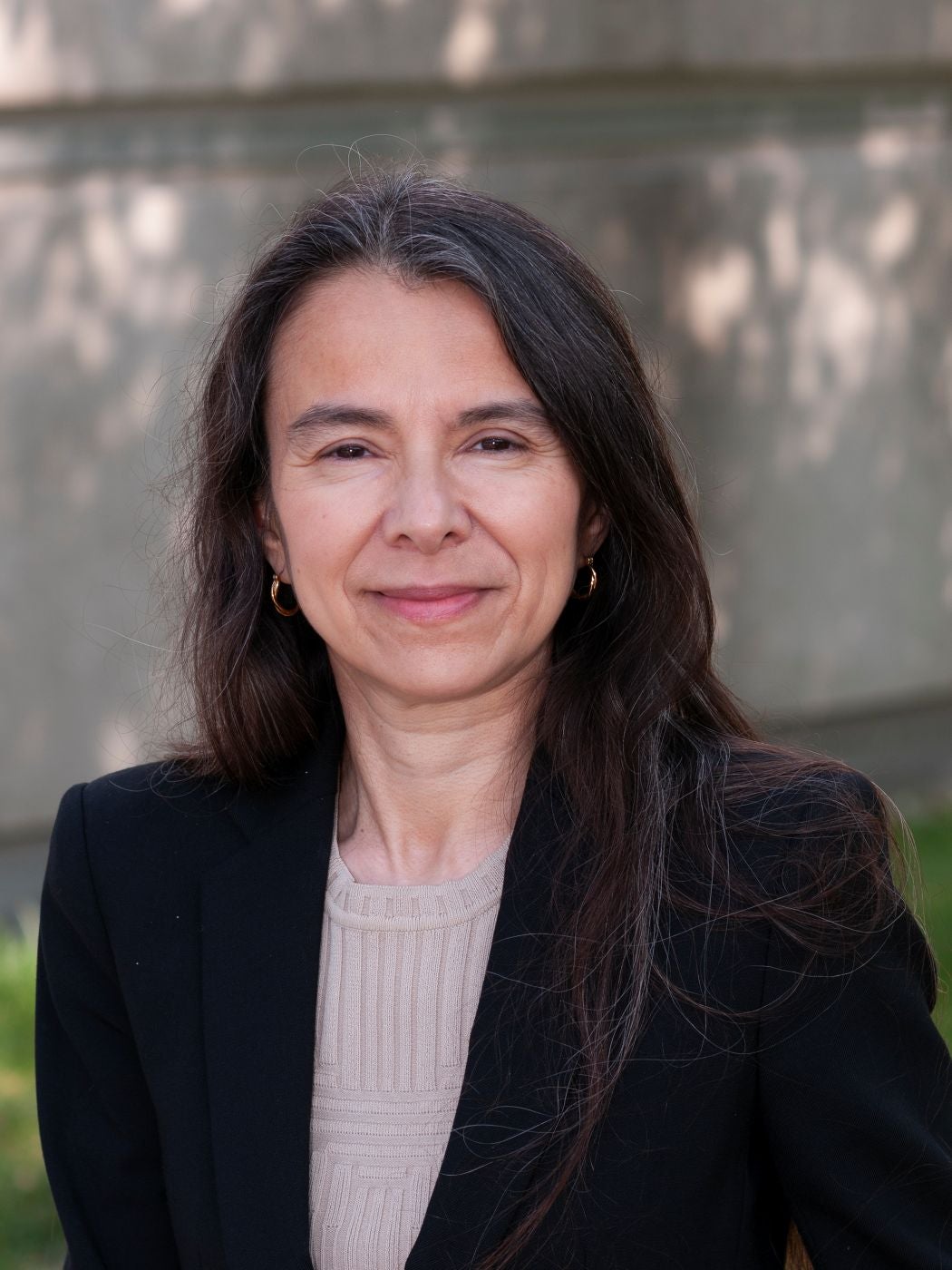
Her lecture will focus on the United States Supreme Court’s 1964 decision in New York Times v. Sullivan, which instituted free speech protections in libel law. The “actual malice rule” established by this case is considered one of the most important First Amendment decisions in history and has recently become the subject of controversy.
Barbas will also recount the context in which the decision occurred and how the case illustrates why strong protections for freedom of speech and press in libel law are more important now than ever.
“While this case is well-known for providing the standard courts use to evaluate defamation claims involving public figures, its context is not well-remembered 60 years later,” said Patricia Proctor, director of the Simon Perry Center for Constitutional Democracy, which sponsors the lecture series.
“The case occurred during the Civil Rights Movement when the public safety commissioner of Montgomery, Alabama, sued The New York Times and a group of African American ministers over a paid advertisement related to events in Montgomery that he felt reflected poorly on police actions against protestors,” Proctor said. “The civil rights story is fascinating, as it tells what happened to the people involved behind the famous case and the impact on their lives that resulted from their courage in fighting for equal rights.”
Barbas specializes in media and First Amendment law and legal history and is the author of seven books on media law and history. Her most recent book, “Actual Malice: Civil Rights and Freedom of the Press in New York Times v. Sullivan,” was named a New Yorker “Best Book of the Year” in 2023.
Commentary from Barbas on free speech and libel law issues has appeared in The Washington Post, The New York Times, and USA Today. She is a distinguished lecturer for the Organization of American Historians and gave the 2023 Constitution Day lecture for the Law Library of Congress. In 2020, Barbas won the National Endowment for the Humanities Public Scholar Award.
“I was honored that Samantha Barbas accepted my invitation to come to Marshall,” Proctor said. “At a time when freedom of the press and civil rights are challenged, this lecture is very timely, and I’m looking forward to a fascinating conclusion to our fall series.”
The lecture is free and open to the public.
